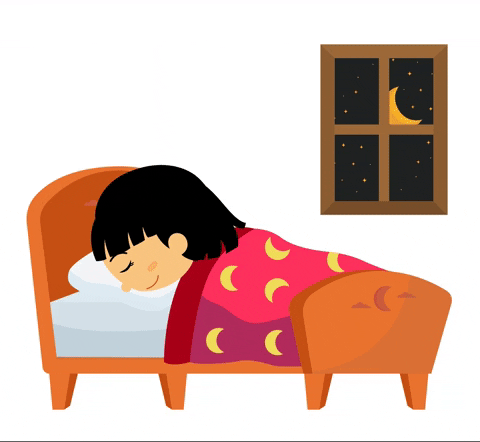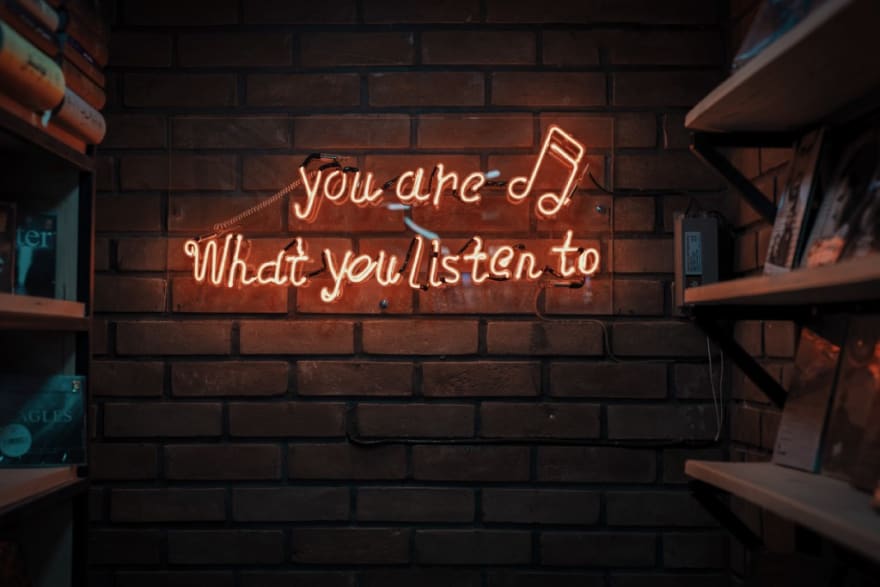Listening to music has benefits that impact our learning capabilities, mental health, and physical well being.
We often listen to music from different Languages, Genres, etc... Did you know there are many benefits of listening to music?
No, Even I wasn’t aware of the science of music before. Out of curiosity, I started exploring more about it and felt its worth writing post on it.
Based on an article from Harvard, listening to music has been shown to improve your workouts, increase the rate of healing, improve your memory functioning and more…
1. Music Improves Your Workouts
Listening to music releases endorphins in the brain. Endorphins give us a higher feeling of excitement. In addition to that, endorphins put an end to anxiety, ease pain and stabilize the immune system. The higher endorphin levels, the fewer negative effects of stress.
Music can easily distract you from body aches and pains of working out. So, many of us would have already made a playlist for our workouts.
If not, its high time to create playlist for your workouts :)
2. Music helps you heal
Music connects with the automatic nervous system (brain function, blood pressure and heartbeat) and the limbic system (feelings and emotions).
When slow-paced music is played, the heart blow rate slows down and there will be a drop in blood pressure. This causes our breath to slow, which helps in releasing tension in our body parts.
Listening to slow or calm music regularly can help our body to relax, which means less pain and faster recovery time.
No wonder, why Devdas mostly used to listen to slow music after love failure :)
3. Music Improves Memory
Researchers now have evidence that the processing of music and language, specifically memorizing information, rely on some of the same brain systems.
The music we heard as teenagers has a greater emotional connection to our brain than anything we listen to as adults. Researchers also found that Music Therapy is showing impactful results in treating people suffering from Memory Loss diseases.
Music improves our Memory Recall.
Whenever u listen to any of your favourite songs, most probably u will Recall its lyrics subconsciously.
You can just Recall the lyrics of this song from TITANIC as soon as u see the iconic moments from the song.
Yes .. Hope u Recalled it correctly :)
Every night in my dreams
I see you, I feel you
That is how I know you go on
4. Music Reduces Stress and Anxiety

Just like listening to slow music to calm the body, music can also have a relaxing effect on the mind.
Researchers at Stanford University found that listening to music seems to be able to change brain functioning to the same extent as medication. Since music is so widely available and inexpensive, it’s an easy stress reduction option.
Music has a unique link to our emotions, and it can be used as an extremely effective stress management tool.
Making Music can also relieve you from stress.
5. Music Improves Sleep Quality

Parents know from experience that gentle rhythms can help babies to fall asleep. Science supports this common observation, showing that children of all ages, sleep better after listening to soothing melodies.
Fortunately, children aren’t the only ones who can benefit from music before bedtime. People across age groups report better sleep quality after listening to calming music.
Several studies suggest that music enhances sleep because of its effects on the regulation of hormones, including the stress hormone cortisol. Being stressed and having elevated levels of cortisol can increase alertness and lead to poor sleep.
Listening to music decreases levels of cortisol, which may explain why it helps put people at ease and release stress.
Reference : sleepfoundation.org
“Music has been proven to improve memory, alleviate stress, help our bodies heal, and more.“
Reference : scienceofpeople.com





Top comments (1)
If you’re looking for a natural and creative way to support emotional wellbeing, music therapy in Cambridge offers an inspiring approach to healing and self-expression. At Chorus Music Therapy and Education, we believe in the power of music to connect, comfort, and empower individuals of all ages.
Our music therapy in Cambridge sessions are designed to help children, young people, and adults explore their emotions in a safe and supportive environment. Through guided musical interaction - whether it’s singing, playing instruments, or simply listening - clients can improve communication, boost confidence, and reduce stress.
we understand that every individual’s needs are unique. Our experienced music therapists work closely with each client, creating personalised sessions that encourage creativity and emotional growth. Whether you’re managing anxiety, developmental challenges, or simply looking for a new way to express yourself, music therapy can make a real difference.
As one of the trusted providers of music therapy in Cambridge, we’re passionate about helping people discover the joy and healing that music can bring. Our sessions take place in a warm, welcoming atmosphere where clients can feel comfortable exploring their musical potential.
If you or someone you know could benefit from a gentle, effective form of therapy, consider joining Chorus Music Therapy and Education. Experience how music therapy in Cambridge can bring harmony to your mind, body, and spirit - one note at a time.